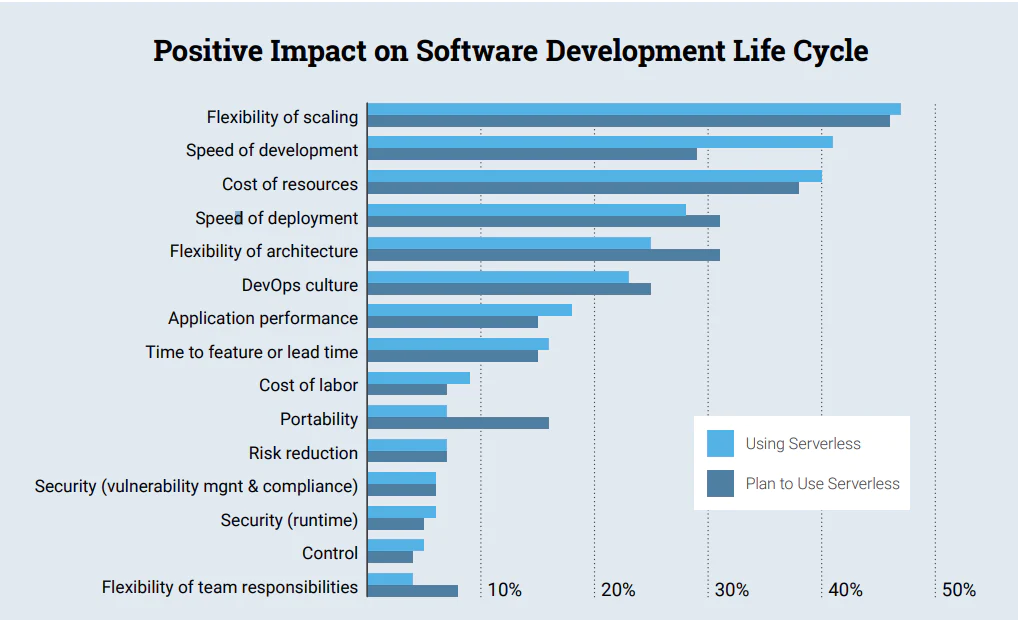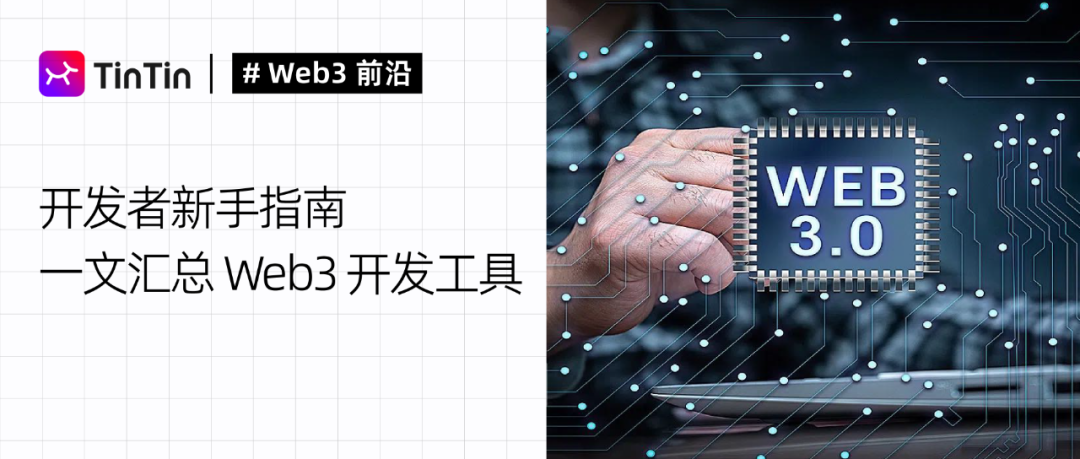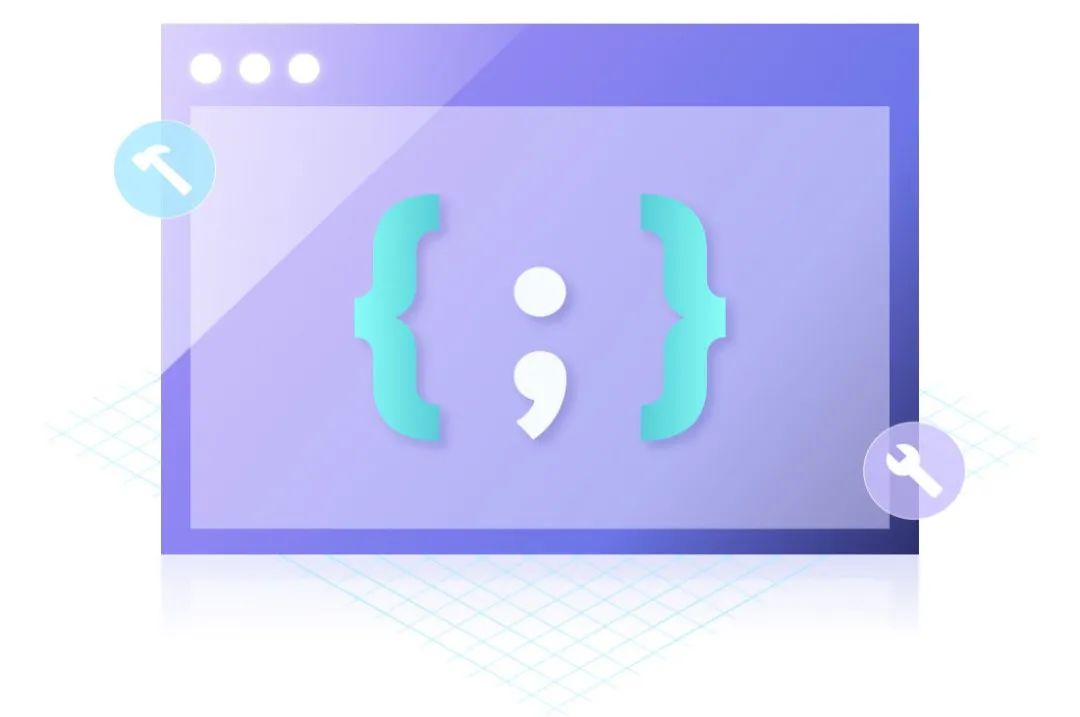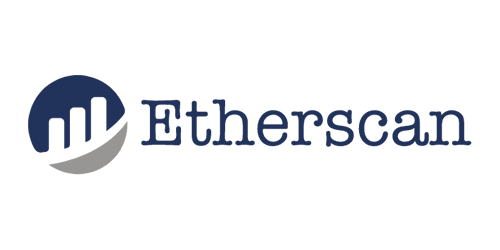Beginner's Guide for Developers: A Summary of Web3 Development Tools
Developer tools, as the name suggests, not only include development tools for modifying, testing or viewing code, but also include multiple tools for industry information and entrepreneurial learning. For developers, development tools are"Code Companion", is a trusted ally. Development tools also support the developer journey, such as reducing redundant tasks of setting up servers during development. Development tools can replace the tedious task of updating dependencies, allowing developers to focus entirely on important aspects of the business.
The application service provider Appsdart released a survey data, in which the first four factors that positively promote software developers in the developer life cycle include:The flexibility of expansion, the speed of development, the cost of resources, and the speed of deployment.And all of these can be achieved through adapted development tools.

A very common example is development tools with automation tools integrated into the development pipeline that help developers quickly create and deliver state-of-the-art software products without regard to quality or security. Developers only need a single API call open to them to get product features and other aggregated data.This increases developer development and deployment while emphasizing flexibility and ensuring security.
Today, developers are faced with:Deliver the next great software product in ever-shorter release cycles.So they more than deserve the relevant tools that can support them to help them focus on the task at hand, which is to quickly build great software products, while ensuring that they are safe and high quality.
secondary title

Development Deployment & Testing Tools
NFTLaunchKit:Using NFTLaunchKit, you can create smart contracts in your website's dashboard without any code. At the same time, NFTLaunchKit also provides templates to create NFT Mint websites and manage all content from the dashboard.
Hardhat:Hardhat is an Ethereum development environment. Developers can compile contracts in Hardhat and run them on the open network, and also have functions such as obtaining Solidity stack traces and consoles.
Foundry:Foundry is an extremely fast, portable and modular toolkit for Ethereum application development written in Rust.
Brownie:Brownie is a Python-based development and testing framework for smart contracts targeting the Ethereum Virtual Machine.
dapp.tools:dapp.tools is a suite of Ethereum-centric CLI tools that follow the Unix design philosophy, favoring composability, configurability, and scalability.
Ganache:Helps quickly launch a personal Ethereum blockchain that can be used to run tests, execute commands, and check status while controlling how the chain operates.
Waffle:secondary title
front-end tools
wagmi:wagmi is a collection of React Hooks that includes everything you need to get started with Ethereum. wagmi makes it easy to connect to wallets, display ENS and balance information, sign messages, interact with contracts, and more - all with caching, request deduplication, and persistence.
Solana-Web3.js:The Solana-Web3.js library aims to provide complete coverage of Solana. The library is built on top of the Solana JSON RPC API.
Ethers.js:The Ethers.js library aims to be a complete and compact library for interacting with the Ethereum blockchain and its ecosystem.
Web3.js:Web3.js is a collection of libraries that allow developers to interact with local or remote Ethereum nodes using HTTP, IPC or WebSocket.
Web3Auth:Web3Auth is a simple, non-custodial authentication infrastructure that enables Web3 wallets and applications to provide seamless user login for mainstream and native Web3 users.
Web3Modal:Web3Modal is an easy-to-use library that helps developers add support for multiple providers in their applications through simple customizable configuration.
NFTs 2 Me:secondary title

storage tool
NFT.Storage:Free decentralized storage and bandwidth for NFTs on IPFS and Filecoin. NFT.Storage is a long-term storage service designed for off-chain NFT data such as metadata, images, and other assets, with uploads of up to 31 GiB in size.
Web3.Storage:The easiest way to store data on the decentralized web. Store your data using our simple API. It's fast, open and free.
OrbitDB:OrbitDB is a serverless distributed peer-to-peer database. OrbitDB uses IPFS as its data storage and IPFS Pubsub to automatically sync the database with peers. It's an eventually consistent database that uses CRDTs for conflict-free database merges, making OrbitDB a great choice for decentralization
ThreadDB:ThreadDB is a multi-party database built on IPFS and Libp 2 p, which provides an alternative architecture for data on the web.
Spheronsecondary title
security analysis
Mythril:is a security analysis tool for EVM bytecode. It detects security vulnerabilities in smart contracts built for Ethereum, Hedera, Quorum, Vechain, Roostock, Tron, and other EVM-compatible blockchains.
Slither:Slither is a Solidity static analysis framework written in Python 3. It runs a suite of vulnerability detectors, prints visual information about contract details, and provides an API to easily write custom analyzes. Slither enables developers to find bugs and enhance their code understanding.
MythX™:MythX™ by ConsenSys Software Inc™ is the premier security analysis service for Ethereum smart contracts. Our mission is to ensure development teams avoid costly mistakes and make Ethereum a safer and more trustworthy platform.
Manticore:is a symbolic execution tool for analyzing smart contracts and binaries.
Securify 2.0 :secondary title
monitoring tool
Blocktorch:Blocktorch is an observability platform for the decentralized stack. Understand the status of decentralized components at a glance. Quickly browse logs and plenty of context. Set service level targets to view anomalies and get notified.
Tenderly:secondary title
block explorer
Block explorers provide an online interface for searching the blockchain and enable developers and users to retrieve data about transactions, addresses, blocks, fees, and more. Each block explorer provides data about a particular blockchain, and the type of information included will vary depending on the architecture of the blockchain it serves. For example, Etherscan is a block explorer and analysis platform for Ethereum, and Solana Explorer allows developers to find transactions and accounts on the Solana chain,secondary title

Web3 Community / DAO
UpStreamApp:Attend crypto and Web3-focused online events around the world, join a DAO, and meet new people.
Crypto Nomads Club:Crypto Nomads Club is for digital nomads and frequent travelers who meet at various crypto events around the world.
Eventbrite:Eventbrite can match you with Web3 events, or you can create your own.
TinTinLand:secondary title
Web3 Marketing Tools
Web3's marketing tools can help developers better launch products during the product marketing phase.
Mobula.fi:Decentralized data aggregator (token, NFT).
WaitlistPanda:The easiest way to gather leads and build an audience, create "viral"-style waitlists, social referrals, and more.
Lemlist:Personalize emails, automate follow-ups, and engage with prospects across all channels. Lemlist combines your sales automation and email software in one.
Make:epilogue
epilogue
"Developer Beginner's Guide: What skills do you need to master before entering Web3?" ""Developer Beginner's Guide: Web3 Technology Stack & Average Salary Inventory"; From the perspective of skills learning and job hunting, we have summarized the skills that blockchain developers need to master and selected common job application channels for everyone——"Developer Beginner's Guide: What skills do you need to master before entering Web3?" "。
This article summarizes the development tools that help Web3 developers better develop and deploy projects, create and launch products, and hope that through comprehensive guidelines and community support, novice developers can successfully enter Web3, get through the white period, and grow For the backbone of the industry.



